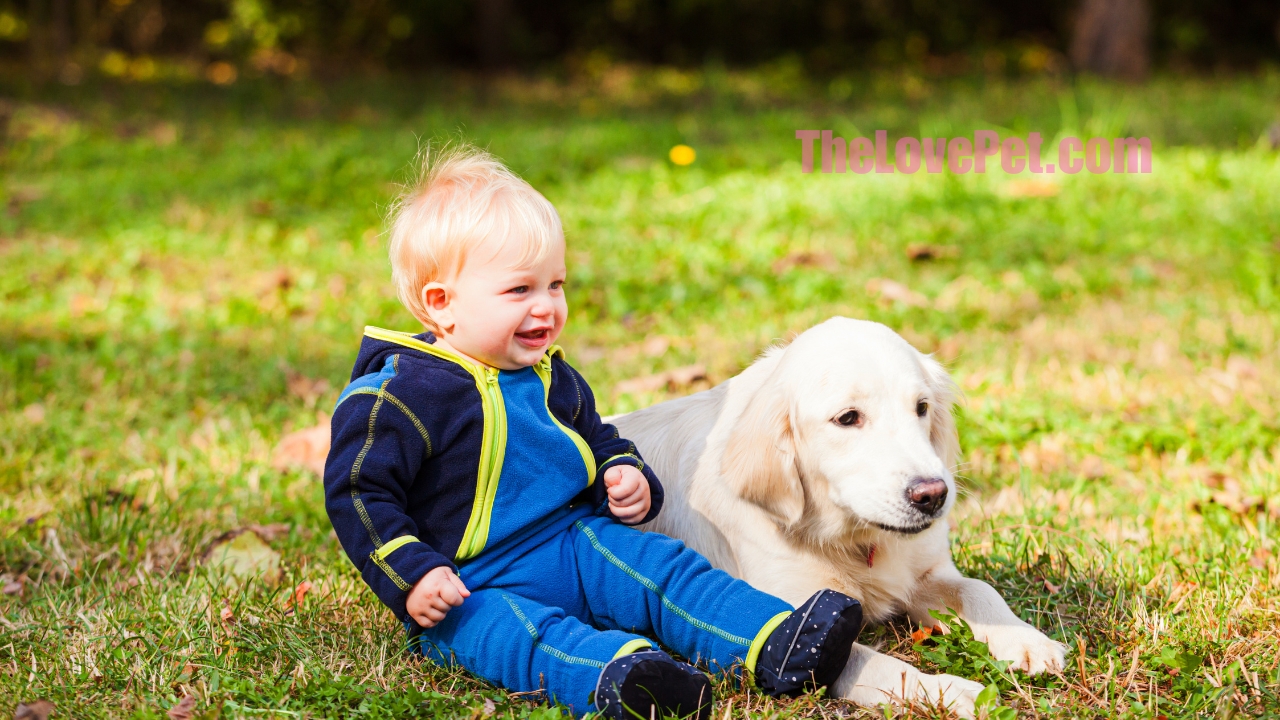Yes, pets can get infected with Covid-19
Covid-19 is caused by the SARS-CoV-2 virus. This virus can infect humans as well as some animal species. There have been reports of pets, including dogs and cats, testing positive for Covid-19 after being around infected humans.
How pets get infected
Pets can get infected through close contact with people who have Covid-19. When an infected person coughs, sneezes, or even just talks, respiratory droplets carrying the virus can land on a pet’s fur or skin. The pet may then lick or touch those contaminated areas and ingest the virus.
Risk of transmitting Covid-19
While pets can test positive for Covid-19, the risk of them transmitting the disease to humans is considered low. There is no evidence that pets play a significant role in spreading the virus. However, people with Covid-19 should limit contact with pets to protect them from potential infection.
Symptoms in pets
Infected pets may be asymptomatic or show mild symptoms like fever, coughing, sneezing, runny nose, vomiting, diarrhea, lethargy, or difficulty breathing. Severe illness is rare, but can occur, especially in older pets or those with other health conditions.
Prevention
To protect pets, owners with suspected or confirmed Covid-19 should isolate from their pets when possible. General precautions like social distancing, masking, and handwashing can also reduce risk. Routine veterinary care should continue, with precautions.
Treatment
There is no specific treatment for pets who test positive for Covid-19. Supportive veterinary care may be given to relieve symptoms and provide comfort. Most infected pets recover on their own.
While uncommon, pets can contract Covid-19 from infected humans. However, the risk of pets spreading Covid-19 seems low. With precautions, owners can minimize the chance of infecting their furry companions.
More on how pets get infected
The main route of transmission to pets is through close contact with infected people. However, pets may also get exposed from contaminated surfaces. For example, if an infected person sneezes and contaminates a couch or bed, a pet who lies on that surface could potentially get infected. Proper cleaning and disinfection of surfaces can help reduce this risk.
Precautions for infected owners
Owners with Covid-19 should isolate from their pets when possible by staying in a separate room, wearing a face mask when interacting with pets, and having someone else care for pets if feasible. Avoid petting, snuggling, being kissed or licked, and sharing food or bedding.
Testing pets for Covid-19
If a pet develops symptoms after contact with an infected person, the veterinarian may recommend testing for Covid-19. This involves collecting a sample from the pet’s nose, throat or feces and analyzing it for the presence of SARS-CoV-2 viral RNA.
#FAQ #Update #AdditionalContent
1. Can dogs and cats get coronavirus?
2. Are cats more susceptible than dogs to COVID-19?
3. What is the risk to my pet regarding COVID-19?
4. Can people transmit coronavirus COVID-19 to animals?
5. Is it safe to pet my dogs and cats during COVID-19?
With the recent outbreak of coronavirus, concerns about the risks to pets have arisen. This article provides comprehensive information on coronaviruses, including COVID-19, its potential impact on pets, and ways to protect both yourself and your animals.
What is coronavirus in dogs and cats?
Coronavirus in dogs and cats is a type of viral infection that can cause a range of illnesses, from mild common cold-like symptoms to more severe respiratory diseases. These viruses have multiple strains that affect both humans and pets. The current global pandemic, COVID-19, is caused by a novel strain of coronavirus.
Can cats and dogs get coronavirus?
Dogs and cats can indeed contract various strains of coronavirus. Common strains in pets include canine enteric (CECoV), feline enteric (FCoV), and canine respiratory (CRCoV) coronaviruses, which typically lead to gastrointestinal or respiratory symptoms. However, COVID-19, the current pandemic strain, is distinct from these and is not easily transmitted to pets, according to the CDC and other health organizations.
COVID-19 cases reported in cats and dogs
A small number of pets, specifically two dogs in Hong Kong and four cats in various locations, have tested positive for COVID-19. All these pets were owned by COVID-19-infected individuals. While some of the cats exhibited mild respiratory and gastrointestinal symptoms, others, including the dogs, remained asymptomatic. It’s worth noting that pre-existing health issues likely contributed to the death of one dog.
Are cats more susceptible than dogs?
There is some speculation that cats might be slightly more susceptible to COVID-19 due to similarities in the ACE2 receptor, which the virus uses to enter cells. Cats’ ACE2 receptors closely resemble those in humans, while dogs’ receptors are only about 70% similar. However, domestic pets are unlikely to become seriously ill from the virus, as suggested by preliminary research in Wuhan, China, where cats produced antibodies without displaying severe symptoms.
COVID-19 cases in big cats
Notably, a tiger at the Bronx Zoo and several other big cats showed mild respiratory signs and were suspected to have contracted COVID-19 from an asymptomatic caretaker. This aligns with findings from domestic cats and reinforces the need for precautions. Fortunately, all the affected big cats are recovering.
What is the risk to my pet?
The risk to domestic pets appears to be minimal, given the vast number of pet owners globally compared to the few pets that have tested positive. While the possibility of pets contracting COVID-19 exists, the likelihood of transmission from humans to pets is extremely low. There’s no evidence suggesting that pets can transmit the virus to humans, except through fomite transmission.
Can animals transmit coronavirus COVID-19?
COVID-19 is believed to have originated from an unknown animal host in Wuhan, China. While it’s theoretically possible for infected pets to transmit the virus, experts emphasize that pets are more likely to get the virus from humans. There’s no evidence supporting aerosol or droplet transmission from pets to humans. However, there’s a small chance that pets could act as fomite transmission vectors through their fur, leashes, or clothing. Therefore, it’s advisable to maintain social distancing between your pet and others.
Can people transmit coronavirus COVID-19 to animals?
Although rare, it has been confirmed that people can transmit COVID-19 to animals, including cats and dogs. This occurs when individuals infected with COVID-19 are in close contact with their pets. The CDC recommends that if you feel sick or have been exposed to COVID-19, you should limit contact with your pets and have someone else in your household care for them. If you must interact with your pet while ill, practice strict hand hygiene and wear a mask.
What are the signs and symptoms of coronavirus in dogs and cats?
In humans, common coronaviruses typically cause mild cold-like symptoms. COVID-19 symptoms include cough, fever, and difficulty breathing. In pets, canine enteric and feline enteric coronaviruses usually lead to mild gastrointestinal symptoms. However, feline enteric coronavirus can mutate into a severe form called feline infectious peritonitis in some young cats. Canine respiratory coronavirus is linked to mild respiratory symptoms in dogs, but most recover without complications.
How can I protect myself and my pet from coronavirus?
To safeguard against coronavirus, including COVID-19, follow recommended guidelines such as social distancing and frequent handwashing. Avoid close contact between your pet and people outside your household. If you’re symptomatic or COVID-19-positive, limit contact with your pets and use proper hand hygiene. The AVMA advises keeping dogs on a leash and maintaining distance during walks. Also, avoid touching other pets, and if your pet shows symptoms, keep them away from other animals.
Is it safe to pet my dogs and cats during COVID-19?
Petting your dogs and cats is considered low risk, as pet fur can trap and absorb pathogens, making it harder for COVID-19 transmission. However, it’s essential to follow guidelines on pet interaction. Avoid letting your pets interact with people from outside your household, especially if someone is ill. Keep cats indoors to prevent contact with others. These precautions help ensure the health of both you and your pets.
Is there a cure for coronavirus in dogs and cats?
As with many viral infections, there is no specific treatment for coronavirus in pets. Supportive therapy is the primary approach, emphasizing prevention.
Is there a vaccine for coronavirus in dogs and cats?
While there’s no vaccine for COVID-19 in pets, prototypes are in development. Canine coronavirus vaccines are available but not universally recommended by the American Animal Hospital Association, as cases are typically mild, and natural recovery is common.
Should my dog or cat be tested for coronavirus?
Routine testing for COVID-19 in pets is not currently recommended by leading health organizations like the CDC. However, if your pet experiences significant health changes, consult your veterinarian.
Where can I find out more about coronavirus in dogs and cats?
For factual and up-to-date information on COVID-19 in pets, refer to authoritative sources such as the CDC, AVMA, and WHO.









